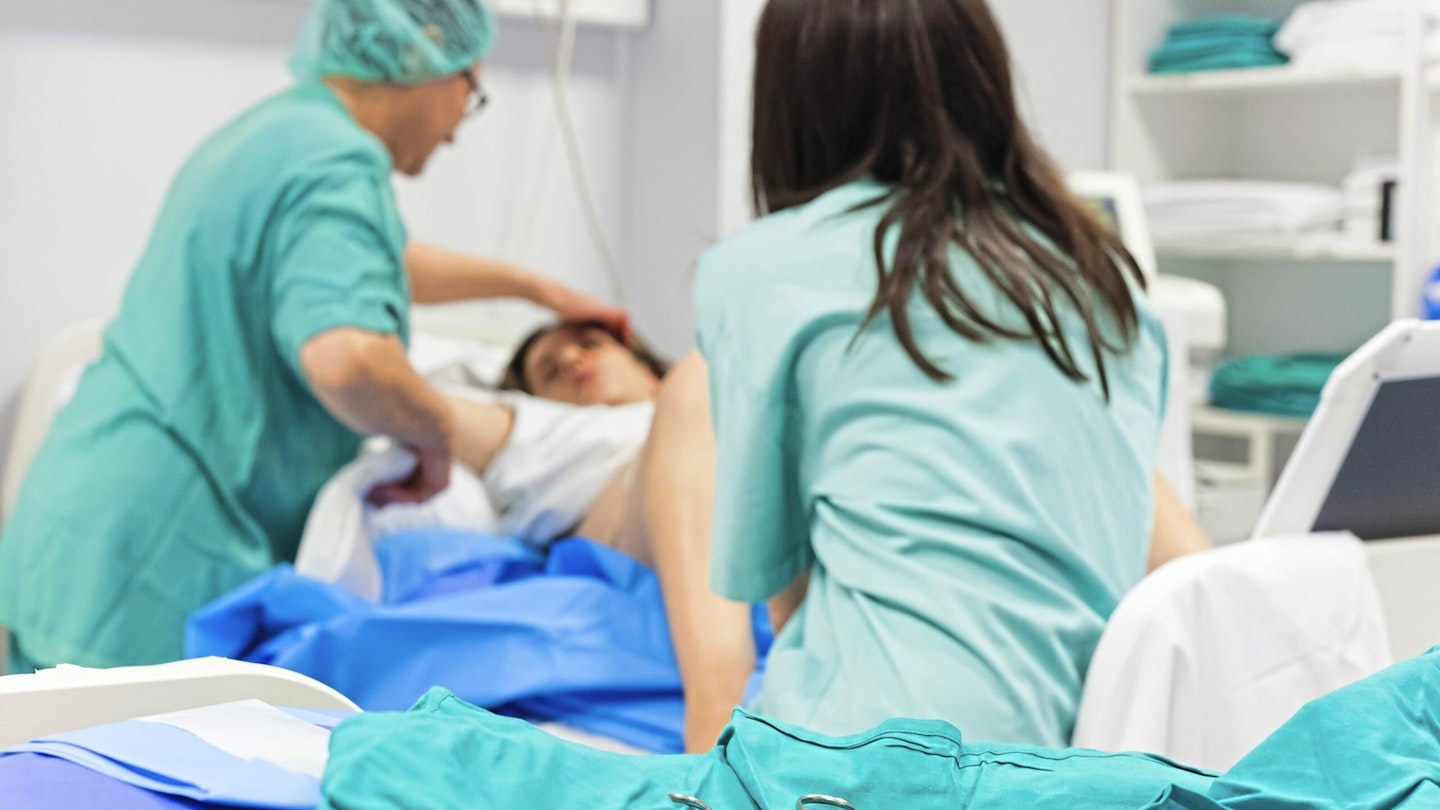It’s Birth Trauma Week and we’re taking a closer look at five rarely discussed complications of labour
After you have a baby, it naturally takes time for your body to return to normal. Some pain, bleeding, discomfort and cramping are normal after delivery.
But when do symptoms signal a birth injury in need of further investigation or treatment?
Figures vary, but statistics have shown anywhere between 30 and 85 per cent of women suffer birth injuries.
Here are some of the most common complaints, as well as those which are often missed or misdiagnosed, and how to get the help you need, without needlessly suffering for months or even years.
Tears
Up to 90 per cent of first-time mums suffer tears to the perineum, vagina, labia, or other parts of the vulva. Usually, these are minor and heal well within a few weeks. Fewer than four in 100 experience third or fourth degree tears — into the muscles that control the anus — needing repair in a surgical theatre.
Complications from those tears are rare, but can include incontinence — loss of ability to control your bowels, sudden urge to open them or inability to control passing wind.
You might need physiotherapy or surgery, so note your symptoms, how long they’ve been going on, and whether they’re getting better or worse, and go to the GP armed with this information. Help and support is available.
Hip pain
During pregnancy, it’s normal to have hip discomfort or pelvic pain, usually caused by pregnancy hormones that relax ligaments, causing muscles, joints and the pelvis to sometimes become strained. This pain will usually resolve within a few months of the birth.
However, it’s estimated that around 10 per cent of pregnant women suffer a labral tear — damage to the ring of cartilage around the hip joint, with more going undiagnosed. This will cause pain and decreased mobility — you might find you can’t walk, stand, open your legs or sit on the floor.
Usually, an MRI is needed to diagnose the condition and GPs might delay referring you to a consultant or for tests soon after birth if they wrongly put your pain down to leftover pregnancy hormones. Take notice of which movements make your pain worse and how it’s impacting your life.
Whilst physio and pelvic floor strengthening can reduce the pain caused by a labral tear, this injury cannot heal on its own. You might need surgery and if the diagnosis is missed, it could lead to arthritis later or even a hip replacement.
Nerve injury
The pudendal nerve is the main one running through the pelvis and can become injured or compressed during labour. Pudendal neuralgia may feel like a burning, crushing, shooting or prickling sensation in the pelvic, vulva or anal area. It can develop gradually or suddenly, and is often worse when sitting down.
Tests include a physical examination, scans, nerve studies or nerve block injections. Treatment can include avoiding things that make the pain worse, nerve pain medication, physiotherapy, local anaesthetic and steroids, decompression surgery or nerve stimulation.
Not all of the possible treatments are widely available on the NHS.
Ask your GP about seeing a specialist gynaecologist, urologist or neurologist with expertise in pudendal neuralgia (pain), and a referral to a pain management clinic while waiting for a diagnosis or treatment. Pudendal neuralgia can continue to get worse if it is left untreated.
Prolapse
If pelvic muscles are damaged or weakened during pregnancy and labour, organs such as the womb, bowel, bladder or top of the vagina can slip down from their normal position, causing pain, numbness, dragging sensations, and difficulty going to the loo or controlling your urine/bowels.
If the prolapse is mild and not causing you discomfort, lifestyle changes such as losing weight, avoiding heavy lifting or treating constipation can help.
If it’s affecting your daily life, pelvic floor exercises, hormones, vaginal pessaries or surgery might be recommended.
PTSD
Up to 30,000 women a year experience birth trauma in the UK and up to 18.5 per cent go on to develop post traumatic stress disorder after labour.
This can result in flashbacks, nightmares, anxiety, difficulty bonding with your baby and more emotional and physical symptoms. But help is available. Speak to your midwife, health visitor, GP or visit the birthtraumaassociation.org.uk for support and resources.
Edited by Punteha van Terheyden
